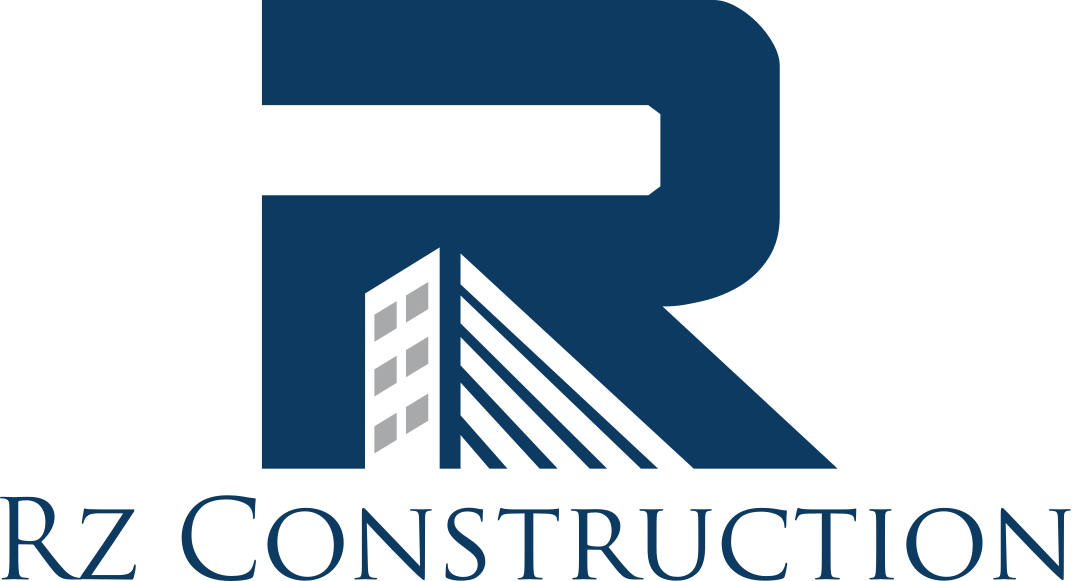In the realm of construction, the roles of a construction manager and a general contractor are both pivotal yet distinct. Each position carries unique responsibilities and skills that are crucial to the successful completion of a project. Understanding the key differences between these roles can help stakeholders decide who to hire for their construction needs.
Definitions and Core Responsibilities
Construction Manager (CM)
A construction manager is a professional who acts as the client’s representative throughout a construction project, from initial planning to final touches. The primary role of a CM is to ensure the project meets the specified performance, budget, and time requirements. They are involved early in the project, often from the design phase, providing input on scheduling, pricing, and constructability issues.
General Contractor (GC)
On the other hand, a general contractor is the main contractor responsible for the day-to-day oversight of the construction site, management of vendors and trades, and communicating information to all involved parties throughout a building project. The GC is typically hired after the design phase and is responsible for bringing the plans to life. They hire and manage subcontractors, procure materials, and ensure compliance with building codes and safety regulations.
Key Differences in Scope and Engagement
Project Engagement
Construction managers are involved from the project’s conception, offering advice during the design and planning stages and moving forward from construction to completion. This early involvement allows CMs to manage project costs proactively and mitigate potential design issues that could impact the schedule and budget.
In contrast, general contractors are usually engaged after completing the project design. They are tasked with executing the plans, focusing on the site’s physical construction and day-to-day management.
Contractual Relationships
Construction managers act as the owner’s agent, providing project oversight and representing the owner’s interests without typically performing any construction work themselves. They work on a fee-based service, which can either be a flat fee or a percentage of the project cost, depending on the complexity and duration of the project.
General contractors are directly involved in the construction process, working under a contract with the owner. They often bid on projects through a competitive process or are selected based on prior relationships or project-specific qualifications. A general contractor’s payment might be a lump sum, cost-plus fee, or a combination.
Risk Management and Liability
Construction Manager
As advisors, CMs help manage the project risk by ensuring compliance with the project plans and specifications. They monitor timelines, budgets, and the quality of work, intervening when issues arise and coordinating between stakeholders to maintain project integrity.
General Contractor
General contractors assume more direct risk than construction managers. They are responsible for the quality of all construction processes and adhere to the project’s time frame and budget. They also handle legal issues like lien releases and labor disputes. Moreover, the GC ensures that all work is performed safely and complies with state and federal regulations.
Decision-Making and Control
Construction managers provide broader strategic management and serve to guide decision-making processes without being directly involved in the craftsmanship. They facilitate communication between the owner and the contractors and often help with resource allocation, employing a comprehensive approach to project management.
General contractors control the actual build process, making day-to-day decisions on the ground. They must solve problems in real time and make quick decisions about construction methods, materials, and personnel, often with direct oversight once project milestones are assessed.
Choosing between a construction manager and a general contractor depends largely on the project’s specific needs, the expertise required, and the risk the project owner is willing to manage. While the construction manager offers a consultative approach, ensuring projects adhere to plans and budgets, the general contractor provides hands-on management of the actual construction. Both roles are essential yet distinct, each contributing differently to the success of construction projects.
